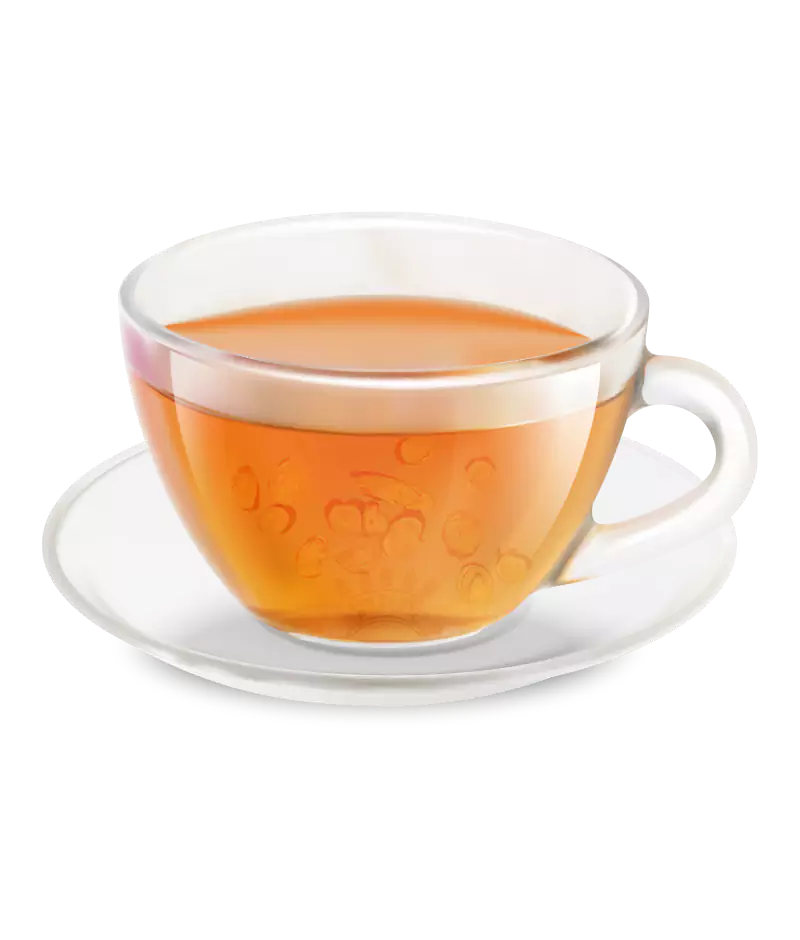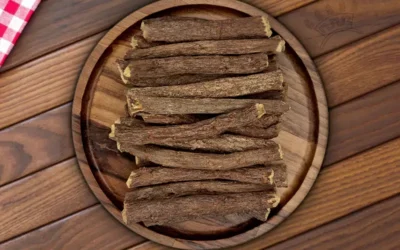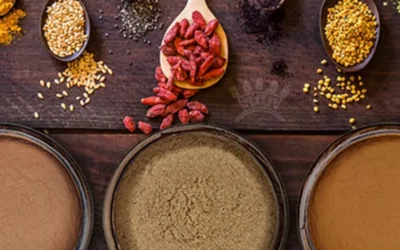Licorice Tea
Licorice tea is a well-known herbal drink with numerous health benefits. Derived from licorice root, it is effective in soothing sore throat, acid reflux, indigestion, and stomach disorders. It also helps manage respiratory issues like asthma and bronchitis by reducing airway inflammation and clearing mucus.
Rich in antioxidants and anti-inflammatory compounds, licorice tea supports the immune system, combats oxidative stress, and provides natural relief for digestive and respiratory discomforts. Its natural sweetness and versatility make it a comforting and beneficial drink.
Background
Licorice: A Versatile Herb and Its Tea
The licorice plant grows wild in various regions of Asia, Europe, and Africa and has been revered as a magical herb in traditional medicine for centuries. Known for its numerous benefits, licorice is an effective remedy for digestive disorders, peptic ulcers, skin diseases, sore throat, respiratory issues, and more. Beyond its medicinal uses, licorice is valued as a natural sweetener and flavoring agent, widely incorporated into foods and beverages for its unique taste and aroma. Its applications span multiple industries, including cosmetics, confectionery, medicines, and tobacco.
Sepidan Osareh Jonoob Co. is a leading global producer and exporter of licorice products, recognized for its high-quality offerings and adherence to international standards. The company provides a diverse range of licorice-based products, including licorice extract powder, licorice root powder, licorice extract blocks, paste, granules, nuggets, and DGL.
In this article, we focus on licorice tea, a widely popular herbal drink celebrated for its soothing and health-promoting properties among consumers worldwide.
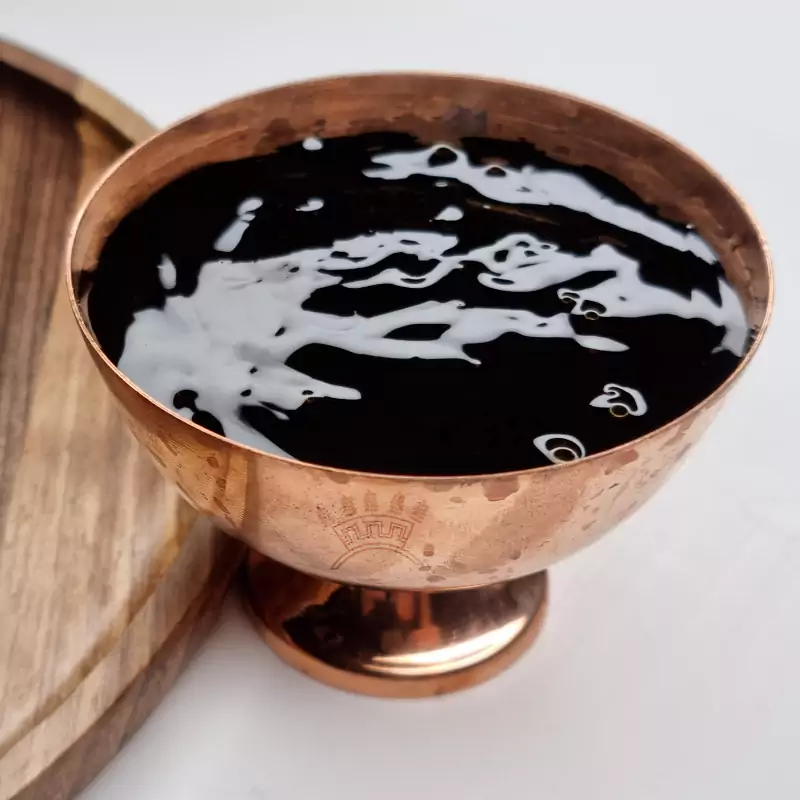
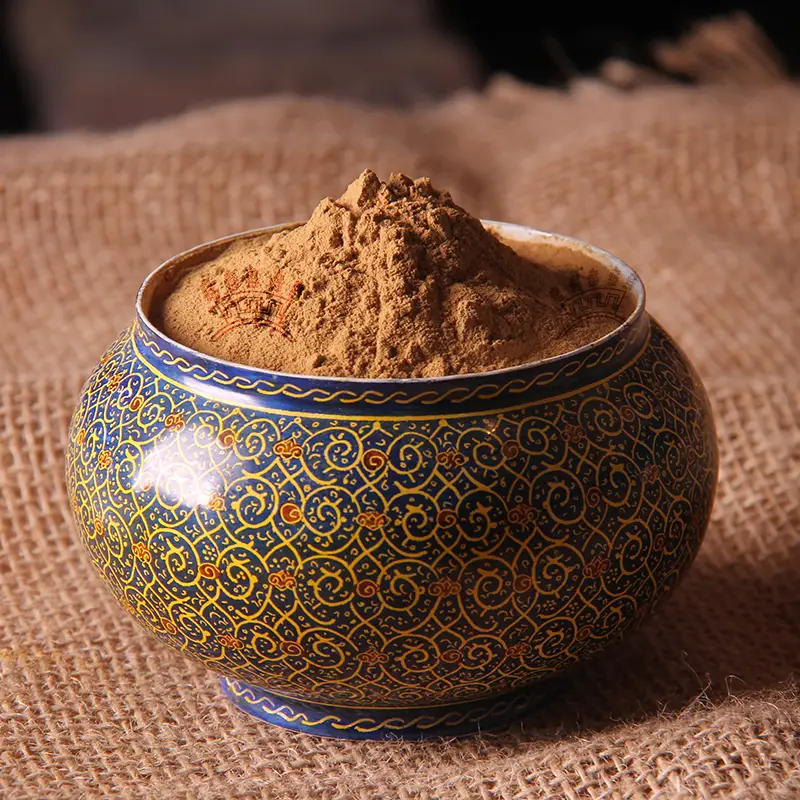
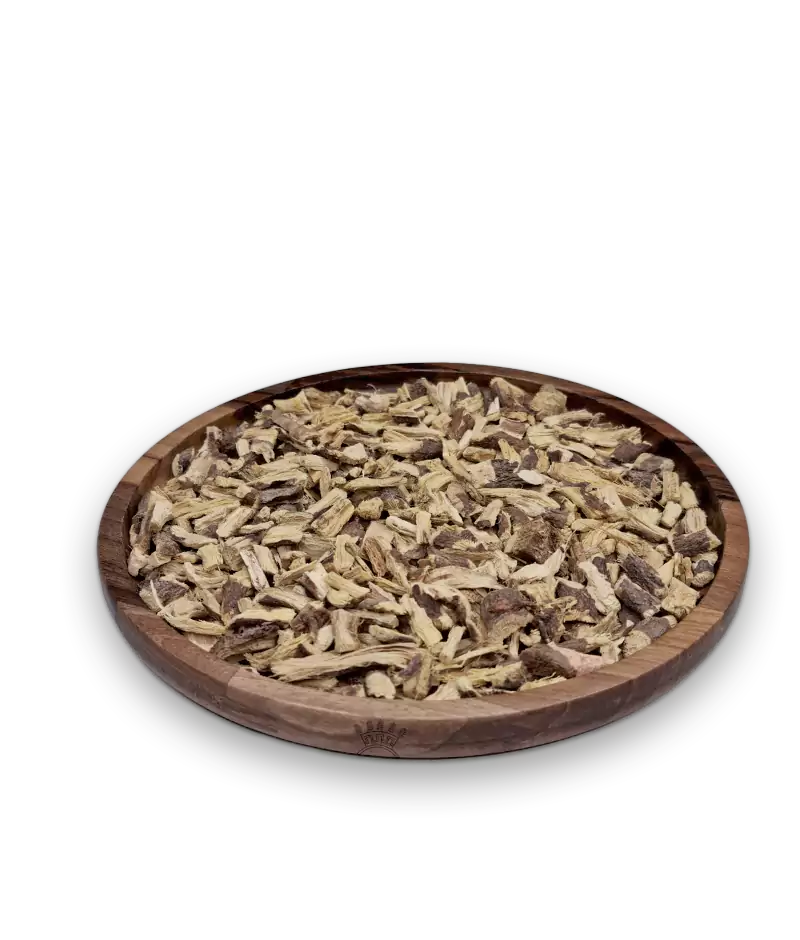
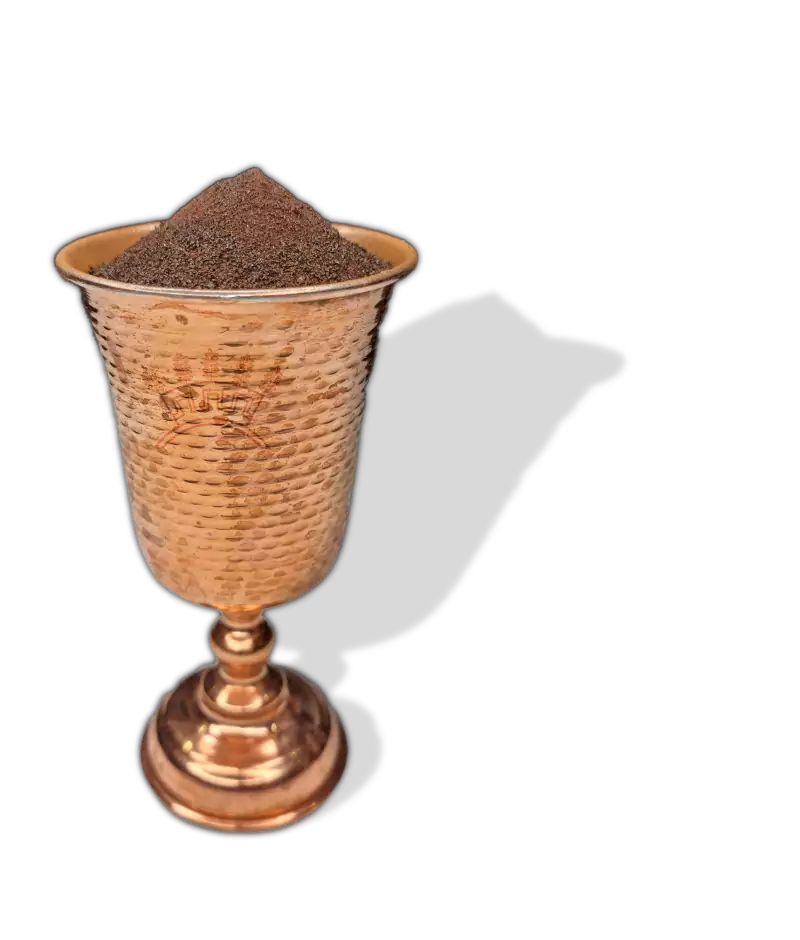
Licorice Tea as an Herbal Drink
Tea has been a cherished hot beverage for centuries, originating from tea leaves and boiling water. With thousands of varieties, each with its unique aroma, color, and flavor, tea is known worldwide by names like tea, cha, and chai, rooted in Chinese culture. Historical evidence traces tea drinking to ancient China, where it was consumed for both enjoyment and medicinal purposes. Western cultures were introduced to tea by the Portuguese, and by the 17th century, it gained immense popularity in Britain. Today, tea is a daily ritual across many countries, with cultivation hubs like Gilan province in Iran producing high-quality tea.
Among the many types of tea, licorice tea stands out as a powerful herbal drink with remarkable health benefits. Licorice root, known to be 50 times sweeter than sugar, not only serves as a natural sweetener but also adds unique flavor to herbal infusions.
How to Prepare Licorice Tea
Licorice tea can be made by steeping a licorice root in boiling water for 5 minutes, then removing the root before drinking. Alternatively, processed licorice in the form of DGL (deglycyrrhizinated licorice), which contains reduced glycyrrhizic acid, can also be used. Licorice tea bags and leaves simplify the preparation process, making it a convenient option for consumers.
To enhance the flavor, additional herbs such as fennel, thyme, mint, cinnamon, or ginger can be mixed with licorice root, offering a range of taste experiences.
Health Benefits of Licorice Tea
According to Sepidan Osareh Jonoob Co., licorice tea is an herbal remedy with numerous health benefits:
- Digestive Health: Treats peptic ulcers, indigestion, acid reflux, and upset stomach.
- Liver Support: Aids in managing fatty liver, Hepatitis C, and liver inflammation.
- Respiratory Relief: Helps with sore throat, coughs, asthma, and airway inflammation.
- Oral Health: Cures gum diseases and prevents cavities with its antibacterial properties.
- Cancer Prevention: Acts as an antioxidant, inhibiting cellular damage and slowing cancer growth.
- Weight Loss: Aids in reducing fat mass and supports healthy metabolism.
- Skin Health: Reduces the effects of free radicals, preventing aging and treating conditions like eczema.
Licorice tea contains a wealth of bioactive compounds, including 300 flavonoids, isoflavonoids, vitamins C, E, and A, and potent antibacterial and antiviral properties.
Licorice tea is a versatile herbal drink with rich nutritional content and health benefits. Whether consumed for its medicinal properties or its sweet, soothing flavor, licorice tea is a valuable addition to any diet.
Precaution for Licorice Tea
While licorice tea offers numerous health benefits, excessive consumption can lead to adverse effects due to the presence of glycyrrhizic acid, a potent compound in licorice.
Potential Side Effects of Overuse:
- Increased Blood Pressure: Overconsumption may raise blood pressure, posing risks for individuals with hypertension.
- Potassium Imbalance: Licorice tea can lower potassium levels, potentially leading to muscle weakness, fatigue, or irregular heartbeat.
- Heart and Kidney Concerns: People with heart diseases, kidney problems, or those who have experienced a stroke should limit their intake.
Special Considerations:
- Pregnancy and Breastfeeding: Pregnant or breastfeeding women should consult their healthcare provider before consuming licorice tea.
- Drug Interactions: Licorice tea may interact with medications such as blood pressure drugs, diuretics, or hormonal treatments. If you are on medication, seek medical advice before incorporating licorice tea into your routine.
By consuming licorice tea in moderation and consulting a doctor when necessary, you can enjoy its benefits while minimizing potential risks.
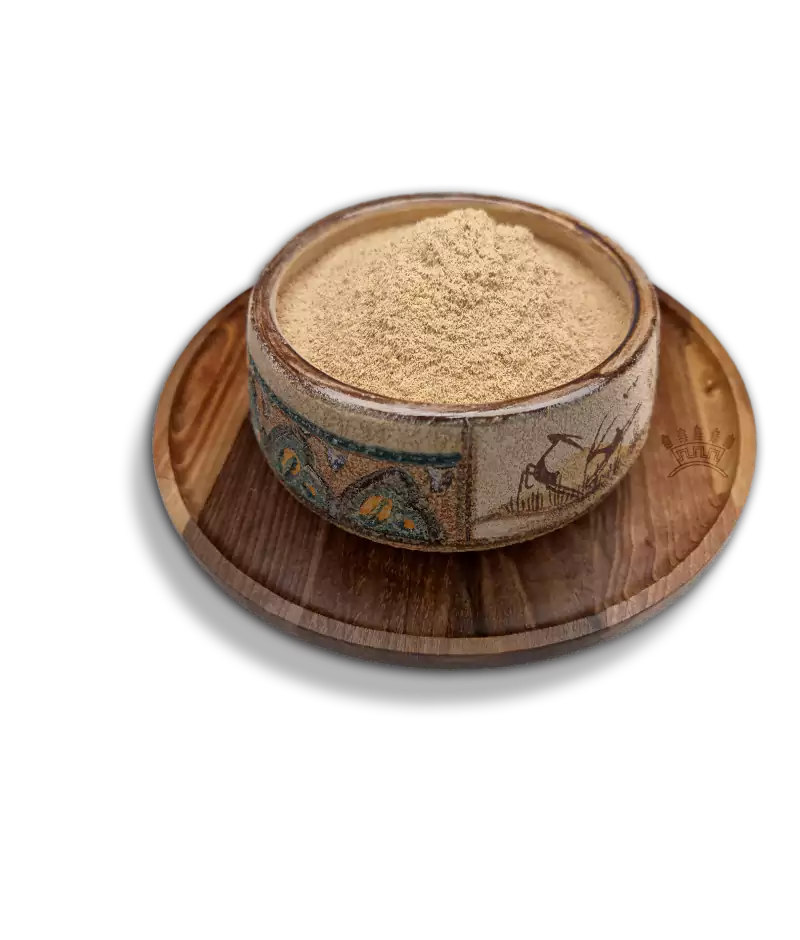
Written by: Sepidan Osareh Jonoob Co.
Latest Licorice Articles and News
Nutritional Value of Licorice
Nutritional Value of Licorice Glycyrrhiza glabra, commonly known as licorice, is a plant with a long history of use in both traditional medicine and culinary practices. Across traditional Iranian, Indian, Chinese, and Greek medicine, licorice has been widely...
What Is Licorice?
What Is Licorice? Exploring Its History, Uses, and Benefits Licorice (Glycyrrhiza glabra) is a perennial herbal plant known for its naturally sweet flavor, which is up to 50 times sweeter than sugar. Widely used in traditional medicine, licorice has been a...
Types of Licorice Powder
Types of Licorice Powder Licorice powders come in three main types: Licorice Root Powder (used in teas and traditional medicines), Licorice Extract Powder (for cosmetics and pharmaceuticals), and DGL Powder (a safer option for treating digestive issues). These powders...
